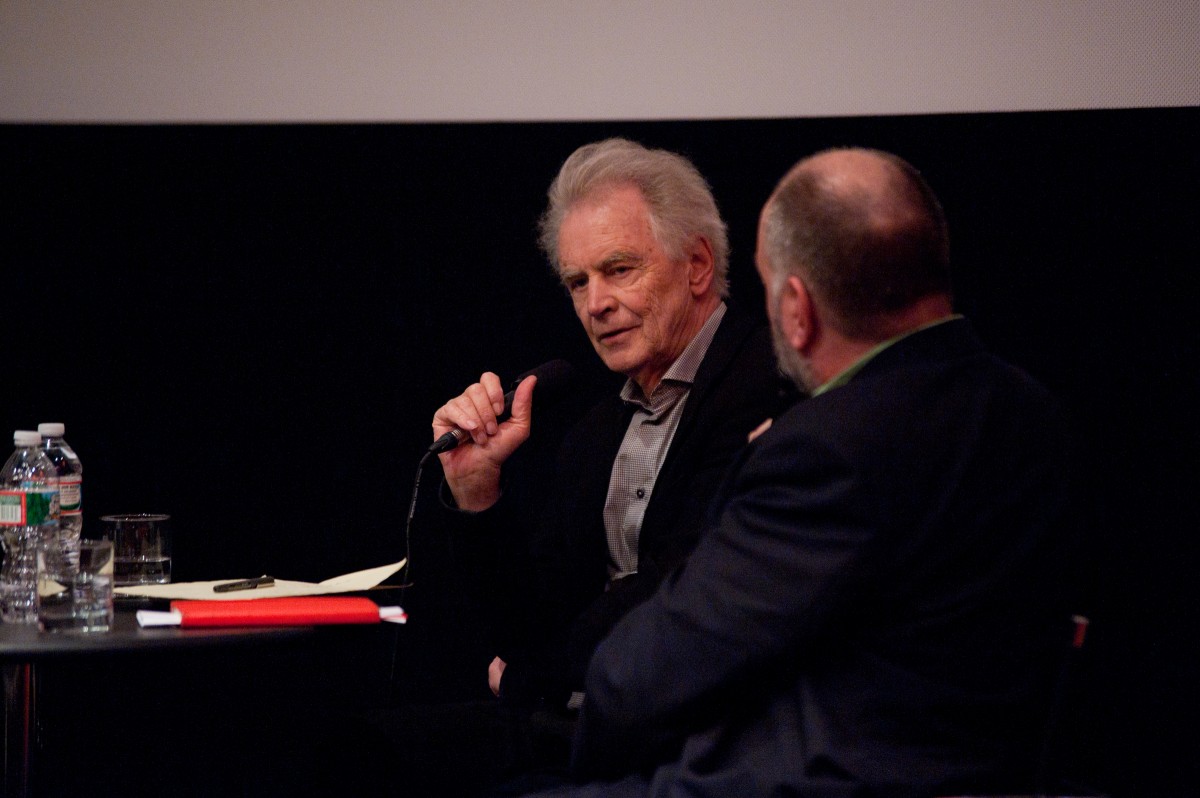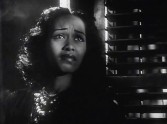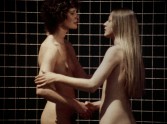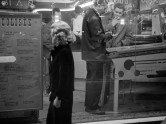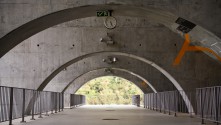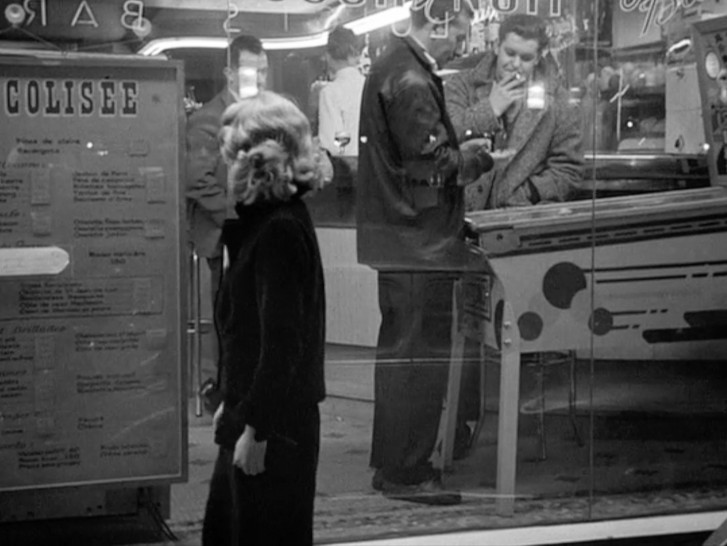
The Thoughts That Once We Had
$12 Special Event Tickets
US, 2014, DCP, color and b&w, 108 min.
DCP source: filmmaker
Described in an opening text as a “personal history of cinema, partially inspired by Gilles Deleuze,” The Thoughts That Once We Had is a richly digressive exploration of key concepts central to the French philosopher’s influential, two-volume historical theorization of cinema. A found-footage film composed entirely of unidentified, yet often recognizable, film clips and concise intertitles written by Andersen, The Thoughts That Once We Had leaps associatively, like Deleuze, across a vast territory spanning from Griffith to Godard, using dynamically cinematic images and sequences not to explain, but to embody Deleuzian ideas in all their rich ambiguity and nuance. Andersen strikingly avoids his now signature voiceover, instead assembling synoptic flash frames and lengthy sequences into a rhythmic and meditative experience designed to engage a thinking and emotional viewer, one not necessarily versed in Deleuzian theory. Indeed, some of the most powerful moments in The Thoughts That Once We Had are personal intertitle statements that break from clearly Deleuzian themes, most strikingly to give lasting emotional resonance to images of war and destruction, North Korea, and Hiroshima, with Andersen at one point interrogating and expanding upon Hiroshima Mon Amour. These are moments that ask the viewer to reconsider the historic tragedies of the age of cinema as “moving images” in all senses of the term. Like Deleuze, Andersen’s infectious cinephilia is a love for cinema—a life in cinema—and is grounded in an ethical and philosophical understanding of film that describes a clear trajectory across all of his major films.
